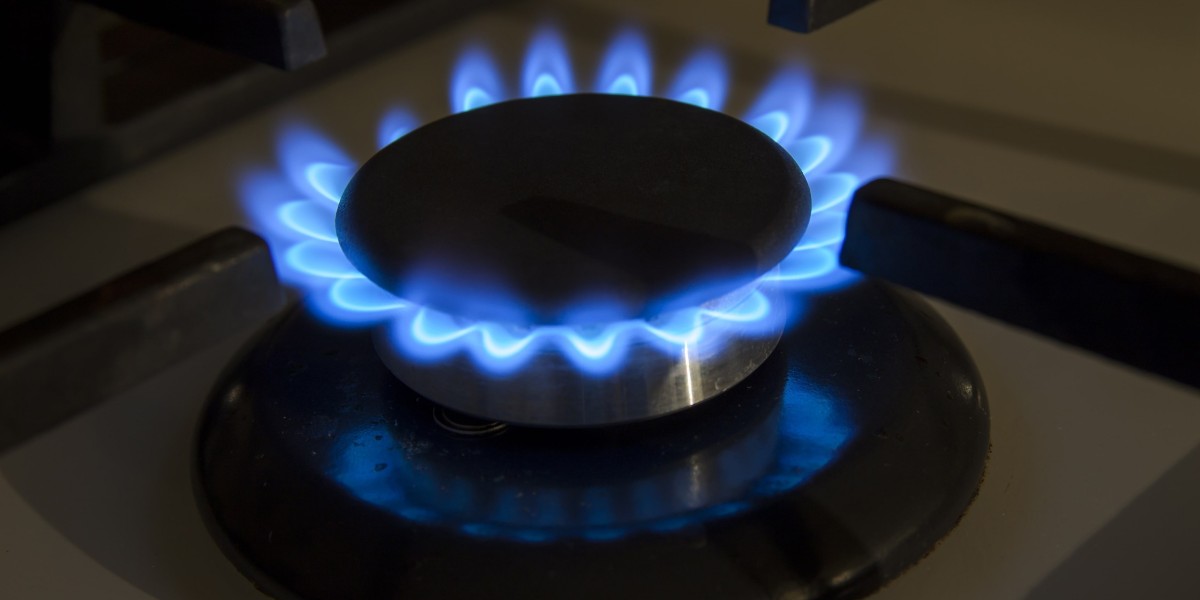Introduction
Gas safety is a critical aspect of ensuring the well-being of residents in any property. In the UK, landlords are legally required to obtain a Gas Safety Certificate (GSC) for all gas appliances, flues, and pipework in their rental properties. However, understanding the specifics of this requirement, including the grace period, can sometimes be confusing. This article aims to clarify the gas safety certificate grace period and provide essential information for both landlords and tenants.
What is a Gas Safety Certificate (GSC)?
A Gas Safety Certificate, also known as a CP12 certificate, is a document that certifies that all gas appliances in a rental property have been safety-checked by a Gas Safe registered engineer. The certificate must be renewed annually, and it is the landlord's responsibility to ensure that this is done.

Legal Requirements
According to the Gas Safety (Installation and Use) Regulations 1998, landlords must:
- Have a gas safety check conducted by a Gas Safe registered engineer every 12 months.
- Provide a copy of the Gas Safety Certificate to tenants before they move in and within 28 days of the safety check.
- Keep a record of the gas safety checks for at least two years.
The Grace Period
A common question among landlords is whether there is a grace period for renewing the Gas Safety Certificate. The short answer is yes, but it's limited and must be managed carefully.
- Definition: The grace period is a 14-day window after the expiration date of the current Gas Safety Certificate during which a landlord can arrange for the renewal check without being in breach of the law.
- Purpose: This period is designed to provide landlords with a buffer to ensure they can arrange the necessary checks without immediate legal consequences.
How to Manage the Grace Period
- Plan Ahead: It's crucial to plan the gas safety check well in advance. Landlords should contact a Gas Safe registered engineer at least a month before the certificate expires to ensure the check can be completed within the grace period.
- Communication with Tenants: Inform tenants about the upcoming check and arrange a convenient time for the engineer to visit the property. tenants have the right to receive a copy of the new certificate within 28 days of the check.
- Documentation: Keep detailed records of all communication and scheduling to demonstrate due diligence in case of any disputes or inspections by local authorities.
Consequences of Missing the Grace Period
If the gas safety check is not conducted within the 14-day grace period, the landlord is in breach of the law. The consequences can include:
- Fines: Local authorities can impose fines of up to £6,000 for each offense.
- Legal Action: Tenants may have grounds to take legal action against the landlord for non-compliance.
- Reputation Damage: Non-compliance can harm the landlord's reputation and make it difficult to attract future tenants.
Tips for Landlords
- Set Reminders: Use calendar reminders or dedicated property management software to track the expiration dates of all Gas Safety Certificates.
- Choose Reliable Engineers: Work with trusted and responsive Gas Safe registered engineers who can provide timely services.
- Stay Informed: Regularly check for updates to gas safety regulations and best practices to ensure ongoing compliance.
Tips for Tenants
- Request the Certificate: If you are moving into a new rental property, ask the landlord for a copy of the current Gas Safety Certificate.
- Report Issues: If the certificate is not provided or you suspect non-compliance, report the matter to your local council or housing association.
- Be Cooperative: Allow the landlord or their engineer access to the property for the gas safety check when requested.
The gas safety certificate grace period is a valuable tool for landlords to manage their responsibilities without immediate legal repercussions. However, it should not be relied upon as a regular practice. Regular and proactive management of gas safety checks is essential to ensure the safety of tenants and avoid legal and financial penalties. Both landlords and tenants play a crucial role in maintaining a safe living environment, and understanding the grace period is just one part of this important process.
By adhering to these guidelines, landlords can ensure compliance with gas safety regulations, and tenants can have peace of mind knowing that their home is safe and well-maintained.







